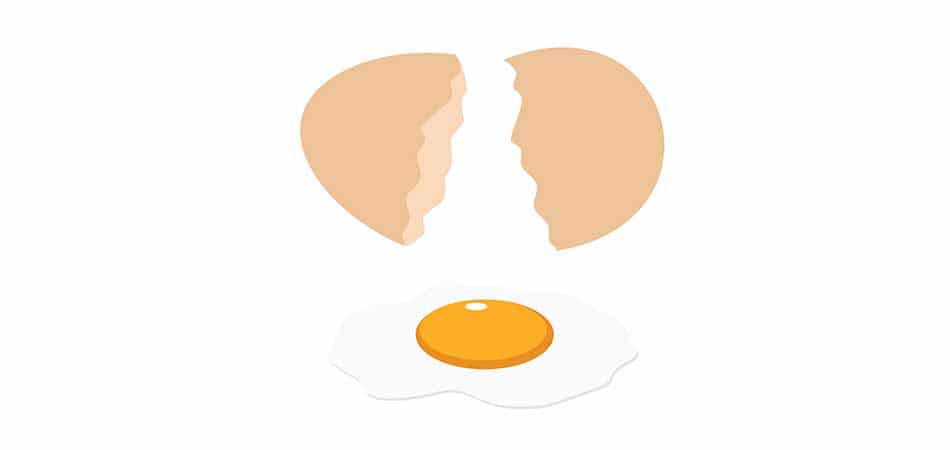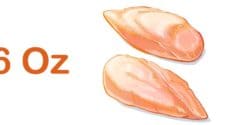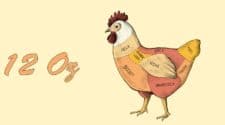When you’re leading a healthy lifestyle, it’s absolutely essential to follow a balanced diet and eat a selection of nutritious foods. In the past, people would often worry about eggs’ total fat amount, and would therefore avoid them at all costs. However, we now know that eggs are actually very beneficial. Eggs provide numerous health benefits for the human body. If you’ve been worrying about the fats found in eggs, hopefully after reading this article things will be much clearer.
In today’s article, we’re looking at the fats found in different types of eggs. So, without any further hesitation, let’s get cracking.
Eggs total fat amount info
As long as you eat only a few whole eggs, the fats won’t harm you at all. However, it’s worth knowing that not all eggs are created equal. Eggs from different animals have different fat values. Here’s a look at what we mean.
A duck egg weighs, on average, around 70g. It provides 130 calories and 9.6 grams of fat.
A goose egg is more than double the size of a duck egg, and weighs 144g. One goose egg provides 266 calories and 19g of fat.
Chicken eggs are the most common eggs on the market today. A chicken egg weighs 50g, contains 72 calories, and 4.8 grams of total fat.
Quail eggs are delicious, but they sure are small. One weighs just 9 grams, provides 14 calories, and only 1 gram of fat.
Going from one end of the spectrum to the other, let’s look at ostrich eggs. These enormous eggs weigh a whopping 1400g! One egg provides 2002 calories, and 133 grams of total fat.
|
Eggs |
Eggs Total Fat Amount, g |
|
Chicken egg |
4.8 |
|
Duck egg |
9.6 |
|
Goose egg |
19 |
|
Quail egg |
1 |
|
Ostrich egg |
133 |
Benefits of eggs
So, now that we’ve looked at the total fat amount of eggs and have looked at the differences between each type of egg, we’ll finish up by listing a few reasons why you should make sure you include eggs as part of your healthy eating regime. Key benefits of eating whole eggs include:
- Great source of protein
- Make
you content - Rich in amino acids
- Contain eye health beneficial antioxidants: lutein and zeaxanthin
- Rich in brain-boosting choline
- Rich in
minerals Great source of vitamin B12 and B2.
Reference
- Egg nutrition info retrieved from: https://ndb.nal.usda.gov/ndb/







Leave a Reply